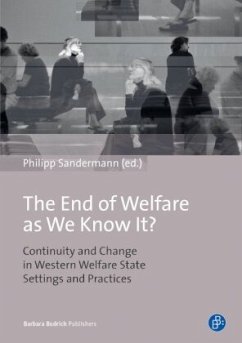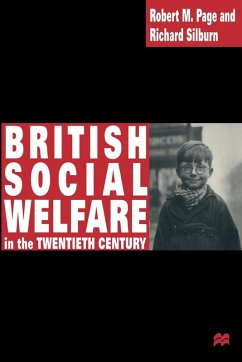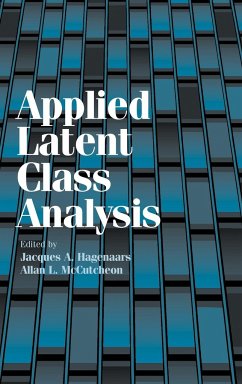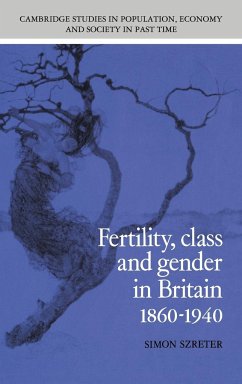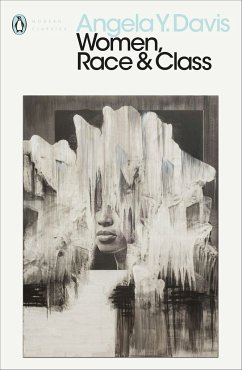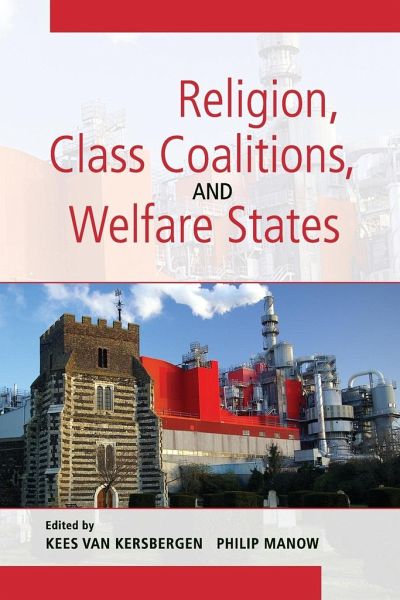
Religion, Class Coalitions, and Welfare States
Versandkostenfrei!
Versandfertig in 1-2 Wochen
38,99 €
inkl. MwSt.

PAYBACK Punkte
19 °P sammeln!
This book radically revises established knowledge in comparative welfare state studies and introduces a new perspective on how religion shaped modern social protection systems. The interplay of societal cleavage structures and electoral rules produced the different political class coalitions sustaining the three welfare regimes of the Western world. In countries with proportional electoral systems the absence or presence of state-church conflicts decided whether class remained the dominant source of coalition building or whether a political logic not exclusively based on socio-economic interes...
This book radically revises established knowledge in comparative welfare state studies and introduces a new perspective on how religion shaped modern social protection systems. The interplay of societal cleavage structures and electoral rules produced the different political class coalitions sustaining the three welfare regimes of the Western world. In countries with proportional electoral systems the absence or presence of state-church conflicts decided whether class remained the dominant source of coalition building or whether a political logic not exclusively based on socio-economic interests (e.g. religion) was introduced into politics, particularly social policy. The political class-coalitions in countries with majoritarian systems, on the other hand, allowed only for the residual-liberal welfare state to emerge, as in the US or the UK. This book also reconsiders the role of Protestantism. Reformed Protestantism substantially delayed and restricted modern social policy. The Lutheran state churches positively contributed to the introduction of social protection programs.






